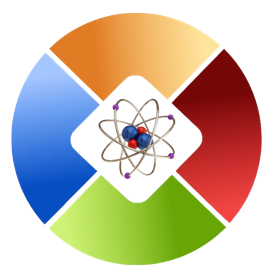Background
The prediction of the service life of the components in a nuclear power plant is mainly based on the evaluation of the degradation of the materials due to the operating conditions, including periods of life extension / long term operation.
In 2014, the Materials Degradation Working Group (GTDM) was set up, coordinated by the Spanish Nuclear Safety Council (CSN), within the framework of the the Nuclear Fission Energy Technology Platform (CEIDEN) in order to meet the resolution of the Spanish Congress:
“…urges the promotion, through the Spanish Nuclear Safety Council (CSN), of R&D&I tests between plants, university and technology centers for a better understanding of the behavior of degradation phenomena not initially foreseen”
As a continuation of the activities of the GTDM and in view of the recent activities carried out by other platforms (ALINNE, MATERPLAT) in which materials are identified as key areas, it has been considered relevant to forma a stable group within CEIDEN that deals with these issues.
Mission
The mission at the CEIDEN Materials Research Group is that of boosting the Spanish capabilities related to nuclear industry materials, both metallic, polymers and concrete.
The objectives are:
- To disseminate Spanish activities in international materials projects (EURATOM, NEA, EPRI,…).
- To identify new projects and funding tools.
- To establish interactions with other technology platforms on materials, especially with ALINNE and MATERPLAT.
- To explore and analyze materials-related activities in future projects of nuclear facilities (e.g. DONES).
Materials research within the nuclear sector
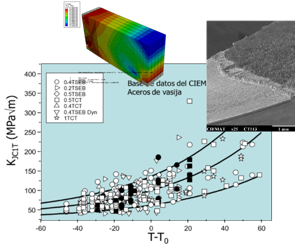
Materials play an essential role so that nuclear power can sustainably contribute to the energy transition.
It is crucial that research in Europe on these topics is funded in a stable manner, encouraging cooperation between countries, as is the aim of a joint European research program.
Materials play a key role in the safety, the efficiency and the economics of the nuclear energy.
Advanced manufacturing processes help lower component replacement costs.
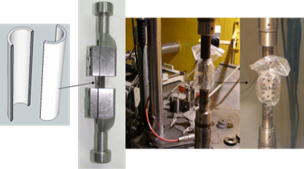
Continuous monitoring systems for the degradation of materials in operation help plan the systems and components lifetime.
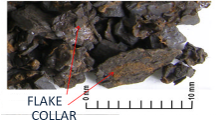
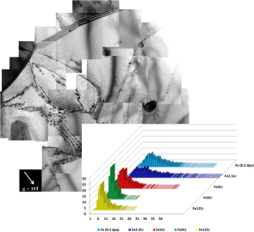
New materials with better properties -resistance to radiation, corrosion and hight temperature operation- are essential to enable the design and construction of next generation nuclear systems: the so-called fourth generation (GenIV)
Group members
Marta Serrano García, PhD.
- Contact: marta.serrano@ciemat.es
- See resume
